The government is aiming to increase domestic crude palm oil (CPO) production from current level of 0.35 million tonne (MT) to 2.3 MT by 2029 under the National Oil Palm Mission.
The plantation area is set to reach a million hectare (Mha) by next few years, from the current level of 0.6 Mha.
An official said several companies, including Godrej Agrovet, Patanjali Food and 3F Oil Palm Agrotech are planning expansion. Palm plants start yielding oil in 4 years and optimum yield is achieved in the eighth year.
Through expansion of plantations in Andhra Pradesh, Telangana, Tamil Nadu and Odisha, the aim is to increase fresh fruit bunches (FFBs) to 10.2 MT by 2029 from the current level of 2 MT.
“Recent oil palm cultivation under the oil palm mission will start producing fresh fruit bunches, the main raw material for palm oil production, in the next 4-5 years,” an official said.
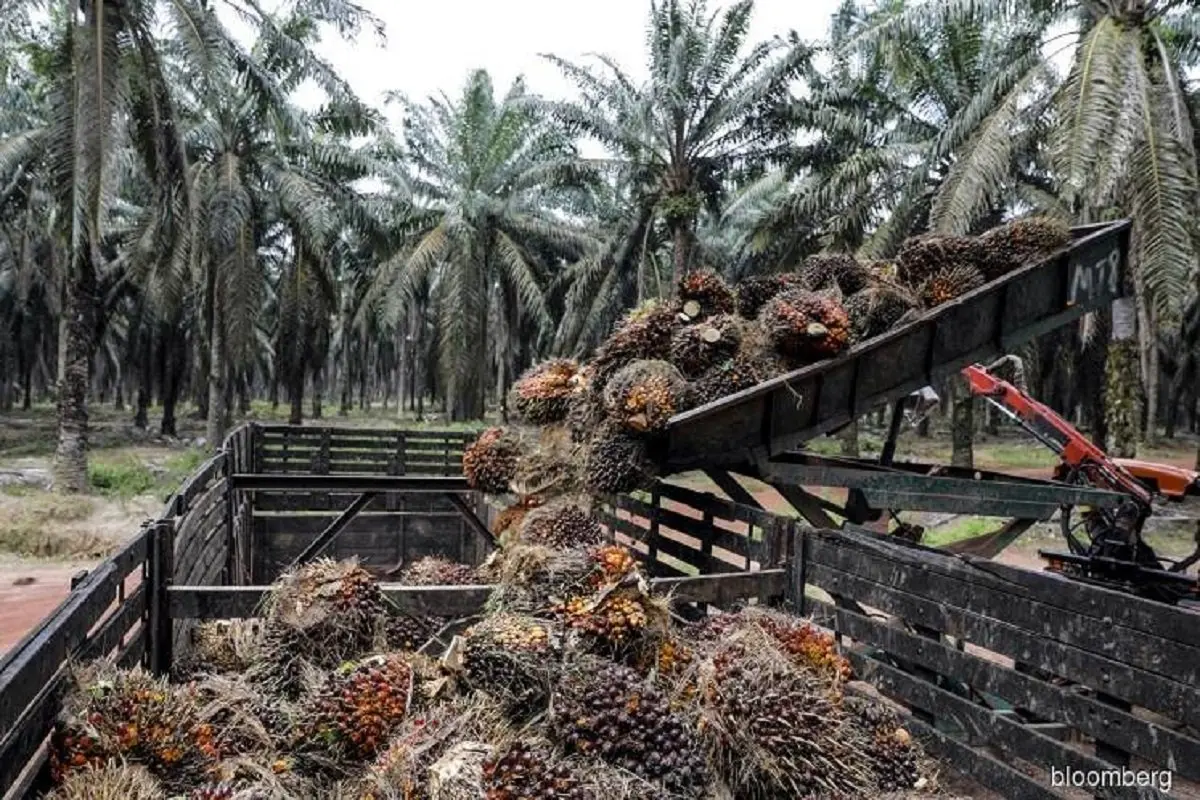

DJI has introduced three advanced agricultural drones—the Agras T100, T70P, and T25P—that enhance spraying, spreading, and lifting capabilities for farmers facing growing demands in precision farming. This launch builds on DJI’s decade-long expertise, addressing the annual increase in spray drone usage across 100 countries.
Enhanced Payloads and Speed for Large-Scale Operations
The Agras T100 targets commercial growers who handle extensive fields. It carries up to 100 liters (26.4 gallons) for spraying, 150 liters (39.6 gallons) for spreading, or 100 kg (220 pounds) for lifting. Operators achieve speeds up to 20 m/s (44.7 mph), doubling efficiency compared to earlier models in high-volume tasks. The drone’s spraying flow rate reaches 30 liters per minute (7.9 gallons per minute) with dual sprinklers, or 40 liters per minute (10.6 gallons per minute) with an optional four-sprinkler setup.
Its spreading system uses a new screw feeder, boosting the maximum flow rate by 270% and doubling load capacity. This raises questions about how such improvements could reduce labor needs on large farms, though local regulations may limit top speeds—for instance, to 13.8 m/s (30.9 mph) in the EU.
17 July 2025, Africa: Invasive species are a growing threat to sustainable agriculture worldwide. When they are introduced into a region, they can spread rapidly, damage crops, disrupt ecosystems, affect native biodiversity, and result in significant economic losses. Understanding how invasive species are introduced to new areas is crucial in preventing their spread and protecting global food systems.
What is an invasive species?
An invasive species is an organism that is not native to a particular ecosystem and whose introduction causes, or is likely to cause, harm to the environment, the economy, or human and animal health. In agriculture, invasive species are often non-native plants, pathogens, or insects that negatively impact crop production.
These species spread rapidly due to a lack of natural enemies that would regulate them, and farmers often do not know how to control them.


The European Union said on Sunday it would extend its suspension of countermeasures to US tariffs until early August and continue to press for a negotiated settlement as US President Donald Trump’s administration demanded more concessions from trading partners.
Trump said on Saturday he would impose a 30% tariff on most imports from the EU and Mexico from August 1, adding to similar warnings for other countries and leaving them less than three weeks to hammer out framework deals that could lower the threatened tariff rate.
White House Economic Adviser Kevin Hassett said on Sunday that countries’ trade deal offers so far have not satisfied Trump and “the tariffs are real” without improvements.
“The president thinks that deals need to be better,” Hassett told ABC’s This Week program. “And to basically put a line in the sand, he sent these letters out to folks, and we’ll see how it works out.”
Ursula von der Leyen, head of the EU’s executive Commission which handles trade policy for the 27 member states, said the bloc would maintain its two-track approach: keep talking and prepare retaliatory measures.
The International System for Agricultural Science and Technology (AGRIS), managed by the Food and Agriculture Organization of the United Nations (FAO), has seen remarkable growth in the past year, welcoming over one thousand new data providers and now totaling more than 1,500. This expansion reinforces AGRIS as one of the world's most comprehensive and up-to-date agricultural databases.
To showcase the rich diversity and valuable contributions within the AGRIS Network, this edition focuses on China, which currently provides access to more than 93,600 records covering a wide range of topics. The institutions featured here offer critical data and expertise that significantly strengthen the global agricultural knowledge ecosystem. By showcasing these Chinese data providers, we celebrate the depth and breadth of research driving the sustainable transformation of agrifood systems worldwide.
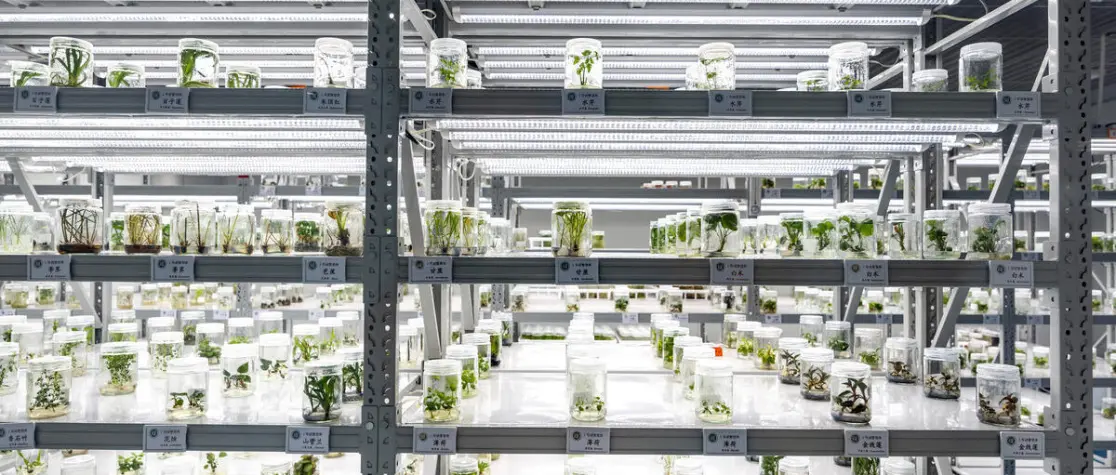
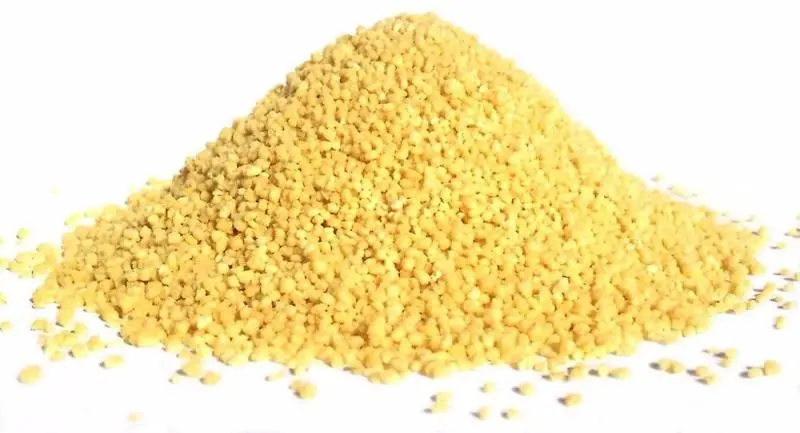
Global Lecithin and Phospholipids Market reached US$ 6.2 billion in 2023 and is expected to reach US$ 10.3 bllion by 2031, growing with a CAGR of 6.6% during the forecast period 2024-2031.
The Lecithin and Phospholipids Market Report by DataM Intelligence delivers comprehensive insights into key market trends, growth drivers, and emerging challenges. With a focus on providing actionable intelligence, DataM Intelligence enables businesses to make informed strategic decisions and maintain a competitive edge. Leveraging both qualitative and quantitative research methodologies, the report offers in-depth analysis to help clients navigate complex market dynamics, identify new opportunities, and accelerate growth in today's rapidly evolving global landscape.
American investors Argentem Creek Partners and Innovatus Capital Partners are relaunching the Olympex Coupe International terminal at the port of Odessa after it was handed over to them. The terminal was previously owned by Serhiy Groza and Volodymyr Naumenko’s GNT Group, the Financial Times reports.
“The Zelensky administration recently helped two American funds collect a $95 million debt from Odessa tycoons who previously owned the terminal and defaulted on loans, and who allegedly misrepresented grain collateral in the chaos of the Russian invasion,” the publication reports.
Following the arrest in May of one of the businessmen, Volodymyr Naumenko, on charges of defrauding creditors, the Supreme Court of Ukraine signed an agreement on Wednesday to transfer the terminal.
“As in any emerging market, there are certain things you have to be prepared for when you encounter them. But in Ukraine, even during the war, we were able to uphold the rule of law. It took longer, but we are getting there, and that has always been my thesis on Ukraine,” said John Patton, a partner at Argentem Creek.
The US funds had previously won an international arbitration award for $150 million and several UK court rulings, but had a long battle in the Ukrainian courts before Wednesday’s transfer.
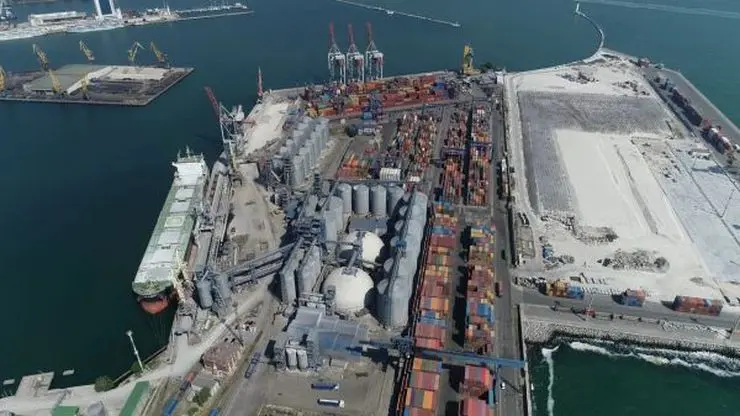
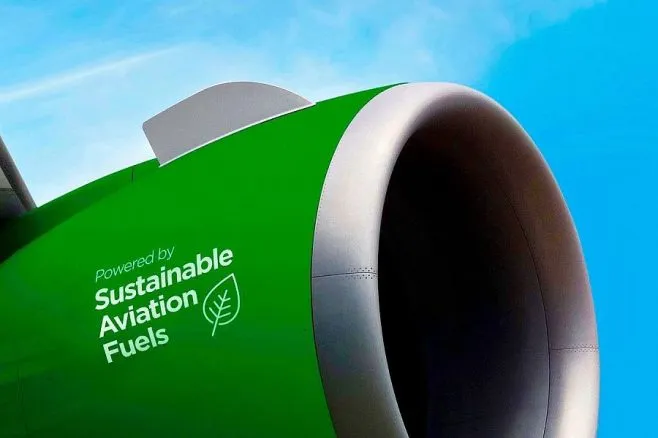
The airports in Warsaw, Krakow, and Katowice have begun using environmentally friendly sustainable aviation fuel (SAF), which is now available for refueling aircraft after ORLEN included it in its commercial offering. SAF significantly reduces greenhouse gas emissions both during production and when burned in aircraft engines.
Aviation Decarbonization Strategy and Compliance with EU Requirements
The introduction of SAF into ORLEN’s portfolio marks an important step towards achieving carbon neutrality goals in the aviation sector. The expansion of the product range reflects the growing demand for decarbonization from airlines and addresses current challenges related to reducing environmental impact. Additionally, ORLEN adheres to the provisions of the EU ReFuel Regulation, which stipulates that by 2025, the share of biofuels in the aviation sector must be no less than 2% of the total volume of jet fuel.